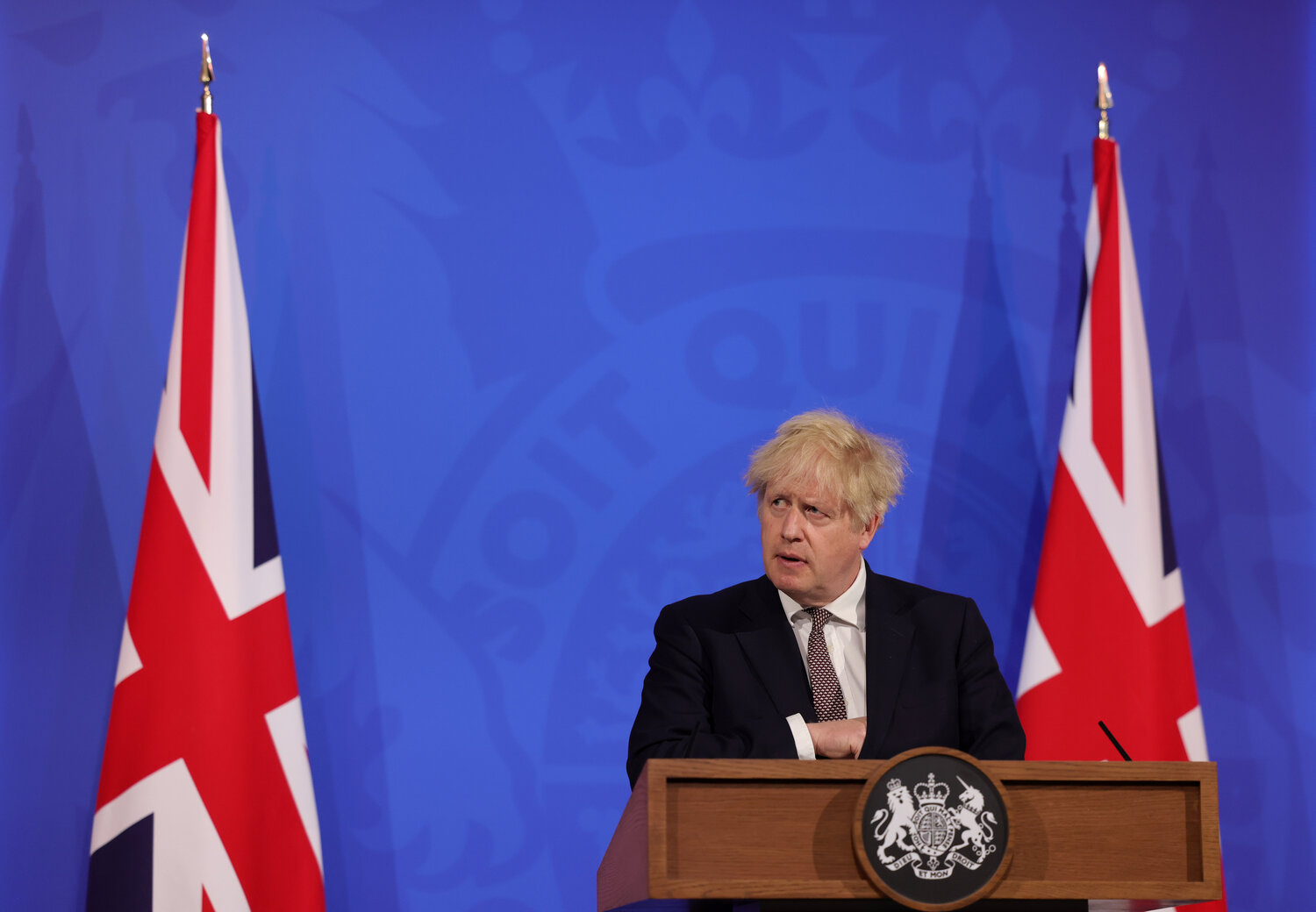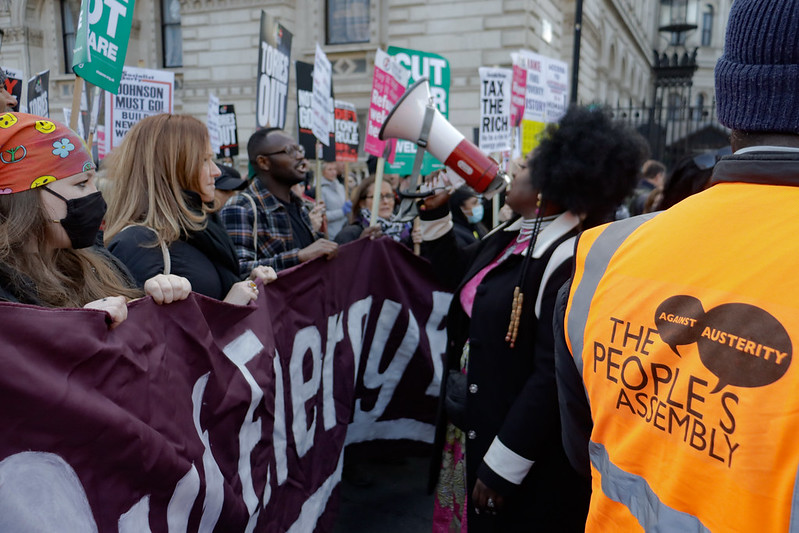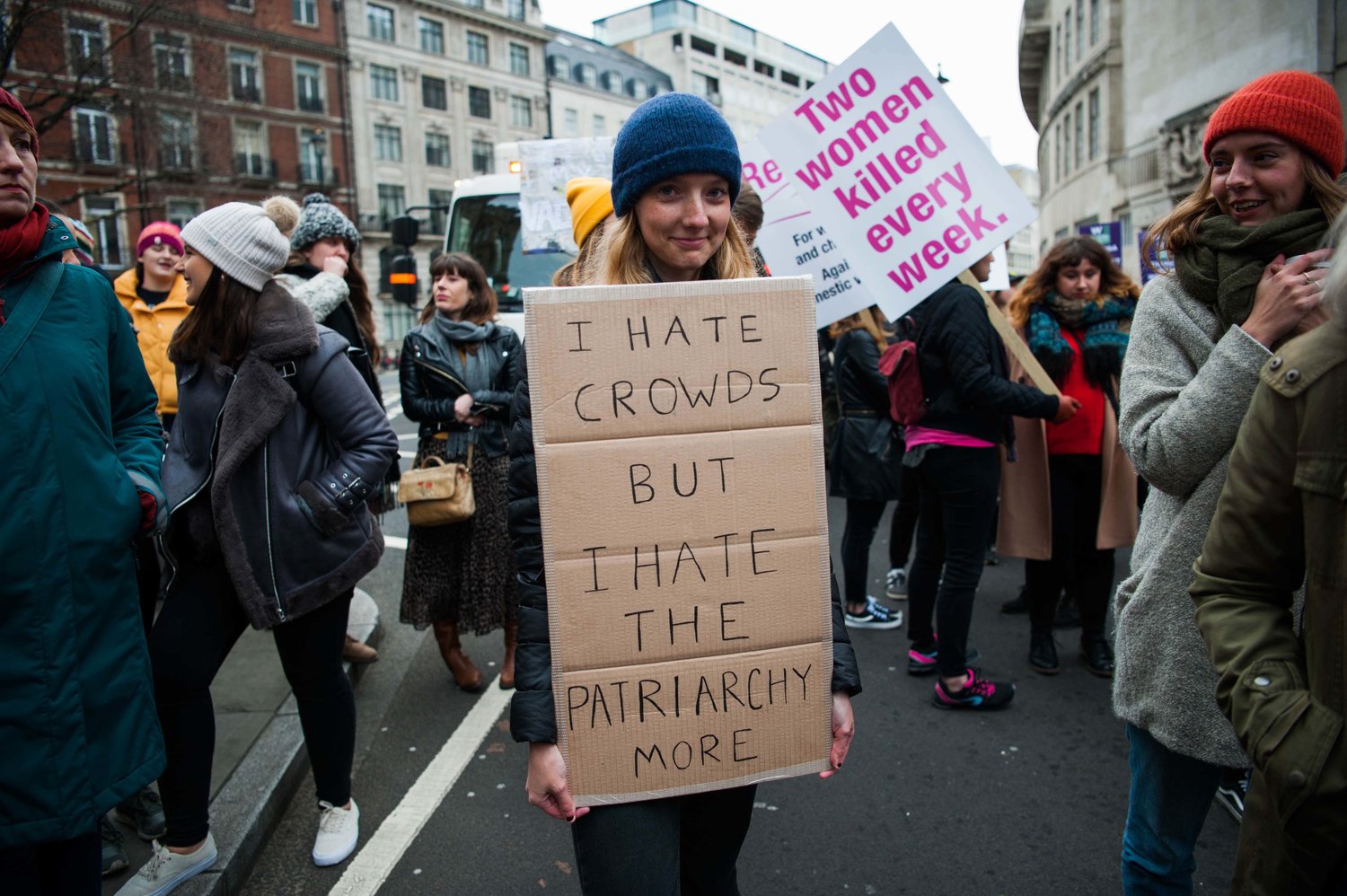
Even in Labour Dominated Wales, the Tory Restructuring of the Electorate Is Real | Gareth Leaman
Image via Number 10 on Flickr
THE CONSERVATIVE PARTY ARE WELCOMING AN EVER-HIGHER NUMBER OF TORY VOTERS BECAUSE THEY ARE CREATING A TORY SOCIETY: NOT MERELY ‘WINNING OVER THE ELECTORATE’ BUT CREATING NEOLIBERAL SUBJECTS.
Following years of overeager pundits predicting that this Senedd election would signal an epochal political rupture, perhaps the most notable aspect of last week’s trip to the polls is that ultimately, hardly anything changed. Welsh Labour remain sufficiently dominant to form a government; Plaid Cymru and the Conservatives more-or-less shored up their bases while failing to make incursions elsewhere; the Liberal Democrats cling on to a solitary seat.
Save the lamentable loss of Leanne Wood and the welcome collapse of the far right, the configuration of the Senedd looks much the same as it ever did.
Many now appear keen to portray this interminable stasis as, paradoxically, representing something truly new, in that it forms part of a revised UK whose constituent nations have radically divergent political cultures. Consequently, much misplaced confidence is ensuing regarding the security of Welsh sovereignty in light of the purported differences between the socio-political makeup of Wales and that which can be found east of Offa’s Dyke
It’s tempting to rest easy upon the comforting familiarities of ‘tradition’ and ‘culture’ when attempting to explain this, but such framings have been shorn of all materiality. In rescuing a meaningful analysis from such abstracted tropes, we can expose the inaccuracies in portraying Wales as deviating politically from England, and instead countenance the idea that both countries are progressing along the same trajectory, albeit at differing paces reflective of variances in demography and class composition.
Firstly, one needs to pay mind to the notion that Tory hegemony in England is not just due to effective electoral campaigning, but because their self-perpetuating dominance affords them the ability to alter the material reality of the state they eternally govern. Put simply, the Conservative Party are welcoming an ever-higher number of Tory voters because they are creating a Tory society: not merely ‘winning over the electorate’ but creating neoliberal subjects, remodelling the social fabric so that it facilitates the embracing of Tory ideals.
Correspondingly, Labour’s terminal haemorrhaging of voters can be attributed to the fact that the society and culture that created the Labour Party no longer exists: the ‘industrial heartlands’ that sequestered the organised working classes of the UK around the logic of labourism has been destroyed absolutely in the last four decades, never to return.
Voters thus no longer have any cultural affiliation – call it a ‘tradition’ – with the Labour Party, and consequently there is no inherent support for the party among certain classes or demographics.
While this process is perhaps most acute in post-industrial England, Wales does not represent as stark an exception to this tendency as many would like to comfort themselves in assuming. Labour may continue to dominate Wales electorally, but they cannot arrest the cultural upheaval resulting from the economic reconstitutions of the Tory-dominated British state.
In fact, they have proven themselves to be more than susceptible to embracing the logic of the Tory Society themselves: acquiescence to rentierism, private influence in public services; low-quality, precarious employment; all are as present in Wales as they are in England.
The main differential factor politically – and indeed one cannot discount the cultural/national differences between Wales and England that, mercifully, provided the opportunity for deviation from Westminster that couldn’t be obtained by industrial England – is the existence of devolution. Yet this inadequate settlement is at best a fireguard that slows the pace of working-class immolation: it certainly doesn’t offer an escape.
We can thus observe in Labour’s governance of devolved Wales a situation redolent of that observed by Stuart Hall at the onset of the UK’s neoliberal turn, in which:
“a capitalist economic recession is presided over by a social democratic party in power (politically) with mass working-class support and organised depth in the trade unions, but ‘lived’, for increasing numbers of people, through the themes and representations (ideologically) of a virulent, emergent ‘petty-bourgeois’ ideology.”
In this context, it matters little that the anti-devolutionist parties disappeared from the electoral map on May the 6th, nor that a nominally-progressive politics continues to govern to such extent that it feels inherent to Welsh political identity.
The Tory Society is in the ascendency, in Wales as in England, and there is plenty of evidence to suggest that the Tory dominance of Westminster will eventually erode Welsh Labour’s grip on the Welsh Parliament, if not outright eviscerating the institution altogether. In the meantime, there is little scope for meaningfully transgressing the UK’s unrelenting rightward drift, because it is not just an electoral phenomenon but a cultural sea change of a scale that reaches far beyond the scope of devolved power.
In this regard, there is little to suggest – from this election and more broadly – that the spectre of Welsh independence will inherently offer salvation. As we’ve seen from Plaid Cymru’s lacklustre campaigning and limited electoral success in industrial Wales, it is insufficient to speak of national independence in vague immaterial terms that fail to fully comprehend the nature or scale of the Tories’ disaster capitalism, or set meaningful coordinates for overcoming it.
Even if it is fought for under such terms, independence will not magically undo the cultural logic of neoliberalism that it will inherit from the British state. Vital political organising will need to take place before, during and after the process of gaining independence in order for a post-Tory, post-UK, post-capitalist Wales to truly be desired and realised.
Despite assertions to the contrary, the outcome of the Senedd election has shown that we shouldn’t expect the long-term future of the Welsh Parliament to be radically different to the fate of Labour-run English councils: starved of funding and shouldering the blame for socioeconomic hardships, with residents effectively bribed into consenting to endless Tory rule.
In this next election cycle it is thus paramount that progressive Welsh politicians looking to resist the totality of the Tory Society steel themselves for a harder, nastier fight against increasingly insurmountable odds.
The Senedd represents an easy target for those looking to delegitimise claims to a distinctive Welsh sovereignty amongst a crumbling British state: a convoluted voting system, perpetually poor turnouts, low political literacy, an easy – though by no means blameless – scapegoat for all the negative consequences of eternal Torydom.
A distinctly Welsh alternative doesn’t stand a chance against these forces by virtue of simply being Welsh, so those who are already in too deep with electoral campaigning must now, at the very least, retain some humility and lucidly comprehend the scale of the fight they’re in.



1 Comment
Comments are closed.